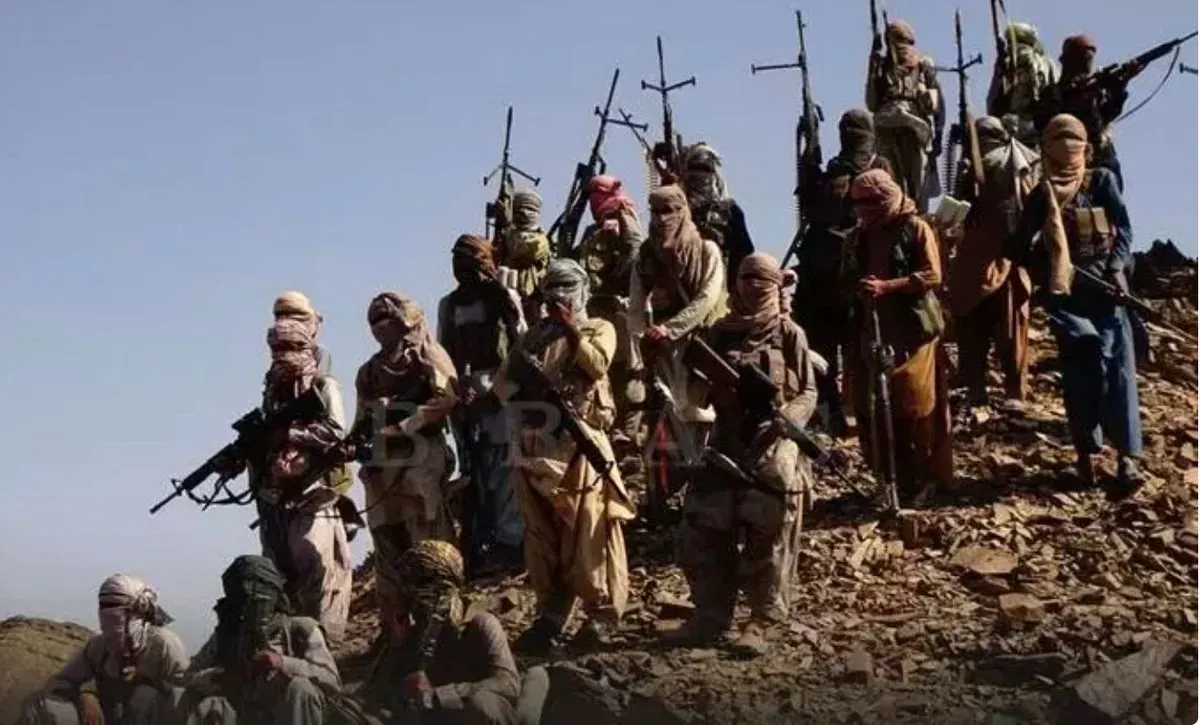Deadly Attacks in Baluchistan Highlight Ongoing Separatist Conflict
Multiple coordinated attacks in Pakistan's Baluchistan province have resulted in at least 31 deaths, marking a significant escalation in separatist violence. The incidents underscore the complex challenges facing the region.

In a series of coordinated attacks, Baluchistan, Pakistan's largest yet least populated province, has experienced its deadliest 24-hour period in recent years. At least 31 people lost their lives in multiple incidents, signaling an alarming escalation in separatist violence.
The attacks, which occurred on August 25, 2024, were characterized by their brutality and coordination. Assailants targeted civilians on highways, attacked a police station, and destroyed a railway bridge connecting the province to the rest of Pakistan. These actions represent a significant departure from the typical pattern of militant activities in the region.
Baluchistan, known for its vast mountainous terrain, has been grappling with a separatist insurgency for decades. The conflict, rooted in claims of discrimination and exploitation by the central government, has been ongoing since 1948. The province's ethnic Baloch majority has long sought greater autonomy or independence.
The Baluchistan Liberation Army (BLA), designated as a terrorist organization by Pakistan and the United States, is the primary group behind the separatist movement. Banned since 2006, the BLA aims to establish a sovereign state encompassing territories in Pakistan, Iran, and Afghanistan. The group's activities have intensified since the Pakistani Taliban ended its ceasefire with the government in November 2022.

Baluchistan's strategic importance extends beyond its borders. The province shares a 900-kilometer frontier with Iran, creating a complex geopolitical landscape. Both countries face challenges with cross-border insurgencies and smuggling activities. Additionally, Baluchistan has become a focal point for Chinese investment through the China-Pakistan Economic Corridor (CPEC), part of the Belt and Road Initiative.
The recent attacks have raised concerns about the province's economic future. Baluchistan is rich in natural resources, including natural gas and copper, but has the lowest literacy rate among Pakistan's provinces. The violence threatens to discourage investment and hinder development efforts in a region already struggling with prolonged droughts and economic challenges.
"The weakening of Baluchistan means the weakening of Pakistan."
The impact of the conflict extends beyond security concerns. Baluchistan is home to the Hingol National Park, Pakistan's largest national park, and boasts a rich cultural heritage, including ancient rock carvings and traditional handicrafts like Balochi embroidery. The ongoing unrest puts these cultural treasures at risk and hampers efforts to promote tourism and preserve local traditions.
As Pakistan grapples with this escalating crisis, the international community watches closely. The situation in Baluchistan highlights the complex interplay of ethnic tensions, economic aspirations, and geopolitical interests in a region that continues to seek stability and prosperity.


































